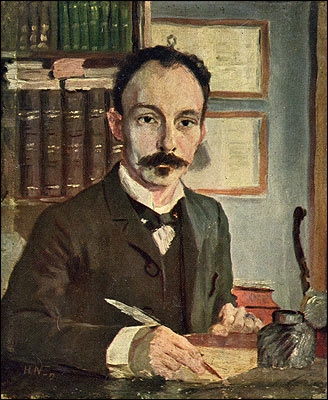3.8.2 The beginnings of José Martí (1853 – 1895) as a journalist

José Martí’s journalistic work began in his adolescence, when he was studying at the Secondary Education Institute, and he wrote the sonnet entitled “Diez de Octubre!” for the student newspaper, “El Siboney,” in honor of the date on which the Father of the Nation, Carlos Manuel de Céspedes, granted freedom to his slaves so they could join the fight for Cuban independence, on October 10, 1868.
At the age of sixteen, taking advantage of the freedom of the press decreed on January 9, 1869, by the Captain General of the Island of Cuba, the Spaniard Domingo Dulce, he created the newspaper “El Diablo Cojuelo”, whose first issue was published on January 19 of that same year.
Despite the short duration of this endeavor, this newspaper became a real test for the revolutionary Martí, who used his pen and writing skills to attack the Spanish colonial government. It was here that his poem, “Either Yara or Madrid,” appeared, a clear reference to what was happening at that time in the countryside of eastern Cuba.
On January 23, 1869, he worked as an editor, along with his friend Fermín Valdés Domínguez, on the democratic-cosmopolitan weekly “La Patria Libre,” edited by his teacher Rafael María de Mendive and the lawyer Cristóbal Madan. Although only one issue was printed, it gained great importance because it featured his famous patriotic poem “Abdala.” One of the best-known stanzas reads:
“Love, Mother, for the Homeland
It is not the ridiculous love for the land,
Not even to the grass that our feet tread on,
It is the invincible hatred of those who oppress her,
It is the eternal resentment towards those who attack her”
The work gained significance due to the historical moment in which it was written, when the island was embroiled in a war of independence. In it, the maestro recorded his thoughts and feelings regarding a choice he later had to make: to put his love for his country before the love of the person who gave him life.
In 1875, after spending some time in Spain, he arrived in Mexico, where he began his career as a professional journalist for the newspaper Revista Universal until it closed as a result of Porfirio Díaz’s coup d’état. Under the pseudonym Orestes, he wrote his Boletines, recording his views on the mission of the press and that of the journalist.








